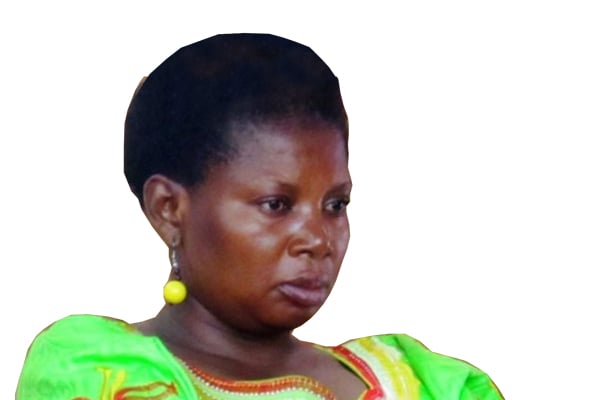Prime
Time to improve water transport
What you need to know:
- The issue: Water transport
- Our view: If government must revolutionalise water transport, then the whole package must be delivered.
For a long time, Ugandans who live on the islands in many of our lakes, have used boats as a means of transport. Scenes at a landing site such as Ggaba on Lake Victoria every afternoon comprise passengers loading their merchandise as they get ready to travel back to their homes.
Although this has been happening for years, it is far from being safe. For instance, the boats are usually overloaded with people, animals and merchandise. Moreover, some of the boats are in bad mechanical condition.
By God’s grace, passengers in most cases reach their destination safely. However, boats sometimes capsise leading to the death of scores of people, especially because the boat operators do not observe basic safety measures such as ensuring that passengers wear, among others, life jackets.
In April, a boat that was carrying at least 10 passengers from Bukasa Island in Kalangala District to Mukono District got an accident killing five of its occupants. Police said the boat hit a rock near Nkese Island and capsised.
And this is just but one of the many accidents involving boats on Ugandan lakes. Surprisingly, there have not been remarkable moves in streamlining water transport to, among others, regulate it by checking overloading, sailing on undesignated routes and use of imperfect boats or canoes.
Given this background, therefore, it is sad that MV Sigulu remains docked at Masese Landing Site months after it underwent a floating exercise.
The reasons for this are not very clear, but as this paper reported on Tuesday, lack of insurance and crew members, are some ofthem. Yet, the crew requires well-trained members comprising a captain and a marine engineer.
As it is, the marine industry in Uganda is either still young or non-existent. In 2018, while officiating during the Golden Jubilee celebrations of the Fisheries Training Institute at Bugonga in Entebbe Municipality, Ms Gertrude Abalo, the principal of the institute, said there are government plans to construct a regional marine training centre. But it is a shame that attempts at providing decent and safe transportation on water is being hindered by lack of workers.
If government must revolutionalise water transport, then the whole package must be delivered. Decent vessels must be provided as well as qualified employees to operate them. But qualified crew will be an outcome of a good maritime institute. The time to open one is now.




